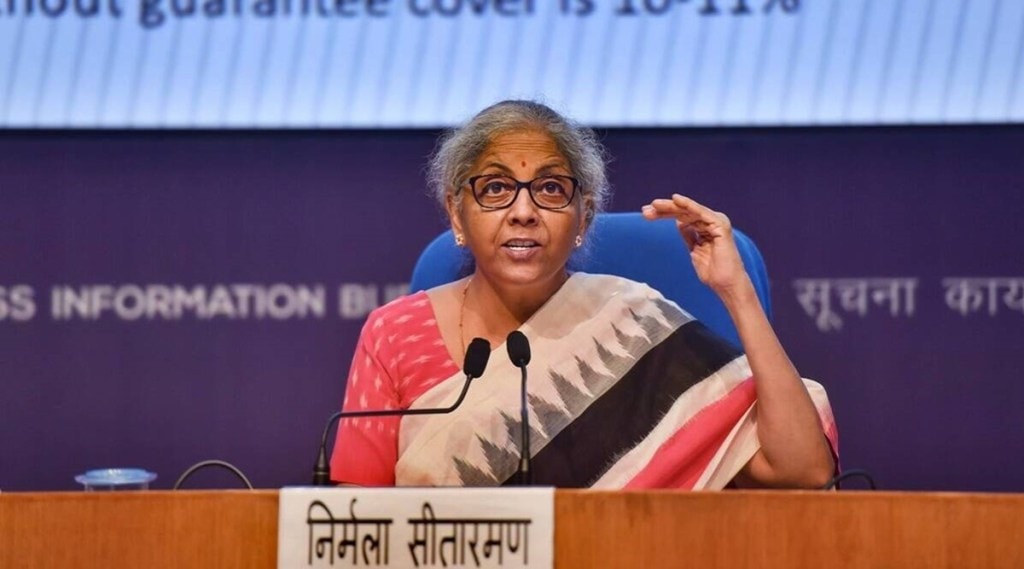Finance minister Nirmala Sitharaman said on Wednesday the government’s proactive policies, including the corporate tax rate cut, digitisation and timely interventions helped the country deal with the unprecedented Covid-19 pandemic.
During the difficult time of the pandemic, when the government had to boost expenditure, it didn’t just splurge money but adopted a pragmatic policy of targeted spending to maximise results, the minister said.
For instance, the Pradhan Mantri Garib Kalyan Yojana, under which the poor are being provided free grain, reduced the borrowing requirement of the intended beneficiaries by 67%, the minister said, citing an independent study. Similarly, the government’s Ayushman Bharat initiative is associated with a 21% drop in out-of-pocket health expenditure and an 8% reduction in the tendency to borrow emergency loans for health purposes among poor households, the minister said, citing another study by Prasanna Tantri, an associate professor at the Indian School of Business.
Sitharaman was speaking at the India’s Economic Journey@75 event, jointly organised by the Department of Economic Affairs and Sebi, as part of the ‘Azadi ka Amrit Mahotsav’ iconic week celebration.
Similarly, the government’s support through the Rs 5-trillion Emergency Credit Line Guarantee Scheme (ECLGS) was vital for small and medium enterprises and other businesses. Under this, loans of as much as Rs 3.2 trillion have been sanctioned.
The minister stressed that various measures taken by the government since 2014 helped the economy as well as people to cope with crises.
Reducing the corporate tax rate (to just 15% for new manufacturing units), formalisation and digitisation of the economy, the Insolvency & Bankruptcy Code and the goods and services tax prepared the country for difficult situations, the minister said.
Speaking at the event, chief economic advisor V Anantha Nageswaran said if the dollar GDP of the country doubles every 7 years, India will emerge as a $20-trillion economy by 2040, with a per capita income of close to $15,000. The IMF has predicted that the Indian economy would cross $5 trillion by FY27, against over $3 trillion now.
